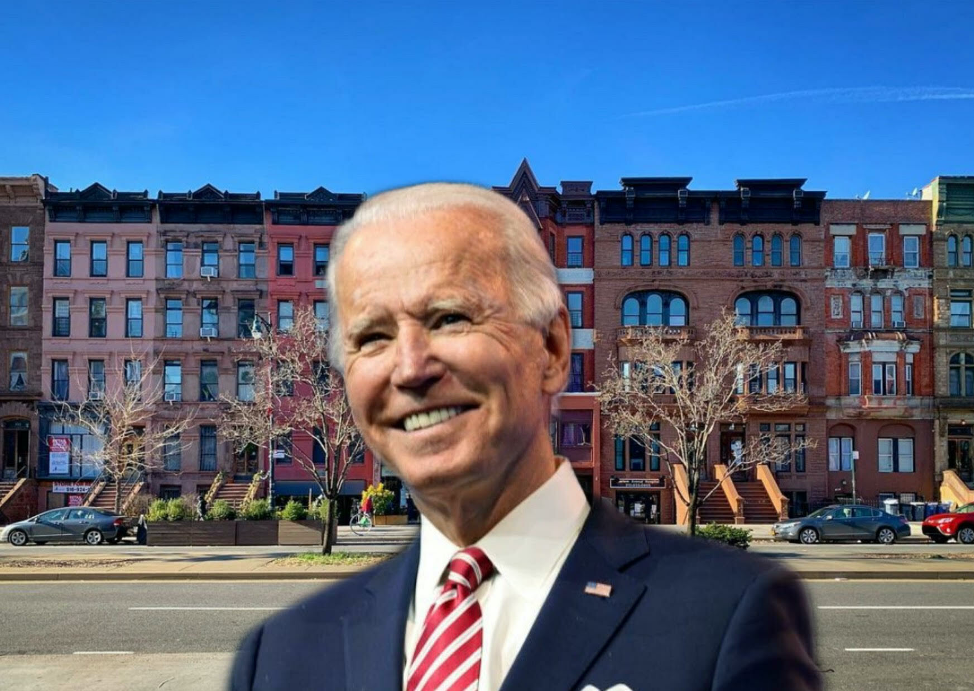Over the last four years, President Trump’s close real estate ties and preference towards deregulation earned him support from many top real estate professionals throughout the country. However, President-Elect Biden is not expected to follow in Trump’s footsteps. As the Biden administration prepares its transition on January 20, 2021, many real estate professionals, investors, and other key players are anxious to see if some or all of President-Elect Joe Biden’s proposed tax changes will be implemented. Notably, Biden has proposed eliminating many components of Trump’s signature legislation, the Tax Cuts and Jobs Act (TCJA), particularly those that favor wealthy individuals, real estate investors, and corporations. Below we will discuss Biden’s top 5 proposed changes that will directly affect the real estate market.
- Implement a First-time Homebuyers Credit of $15,000
Biden also has discussed his plan to offer a $15,000 homebuyer credit to first-time homebuyers. The goal of this credit would be to encourage Americans to purchase homes and increase the affordability and accessibility of homeownership.
- Eliminate Investors Ability to Do 1031 Exchanges
A 1031 exchange is a popular provision of the tax code that allows investors to swap out one “like-kind” investment property for another while deferring capital gains. Many investors use 1031 exchanges to roll over their wealth in more profitable, large assets to create generational wealth. President-Elect Biden has proposed removing this provision from the tax code. This would be a massive blow to the real estate investment industry.
- Remove the Step-up In Basis for Capital Gains Taxation
Here’s how the step-up basis works. After you transfer your property to your heirs, the basis of the property gets stepped up. For example, you purchase a home for $150k, and the property value has now increased to $600K. If you sold the property before you died, you would have to pay capital gain taxes on $450k. On the other hand, with a stepped-up basis, when you die, the property’s basis is automatically stepped-up to $600K. As such, your heir could sell the property for $600K and not have to pay any capital gain taxes. Biden’s proposed change to this component of the tax code would be devastating to real estate investors.
- Phase-out the Qualified Business Income Deduction (QBI) for individuals who make over $400,000.
QBI allows eligible small-business owners and self-employed and to deduct up to 20% of their qualified business income on their business taxes. Phasing out this beneficial deduction could impact a large number of real estate businesses and upcoming projects.
- Additional Oversight of Opportunity Zones
Opportunity Zones was another tax benefit implemented under the TCJA. Specifically, the provision provides capital gains tax breaks to investors, property owners, or developers who invest in any of the designated 8,700 “distressed” areas. Critics have questioned the program’s effectiveness and lack of data collection, arguing that there is no evidence that it improves residents’ lives in the designated distressed neighborhoods. As such, Biden has proposed increasing reporting requirements to track whether Opportunity Zone investments make a difference in poverty, housing affordability, and overall job creation. Generally, Biden is not looking to end the tax incentive or end the program. Instead, he wants to reform the benchmarks used to assess the program’s effectiveness.
The Bottom Line
Overall, while Biden’s tax plan would not raise taxes on the Majority of Americans, Biden’s proposed changes will undoubtedly impact the real estate industry. According to conservative estimates, Biden’s proposed changes to the tax plan by 2030 would lead to approximately 7.7 percent less after-tax income for the top 1 percent of taxpayers and about a 1.9 percent decline in after-tax income for all taxpayers on average.
Schedule a call with me here if you have any interest in obtaining a complimentary valuation for your home or buyer consultation.
Connect with me on Linkedin or Instagram for more information on the townhouse and multifamily market.
Authored by: Stanley Montfort
To see townhouse inventory, click here.




